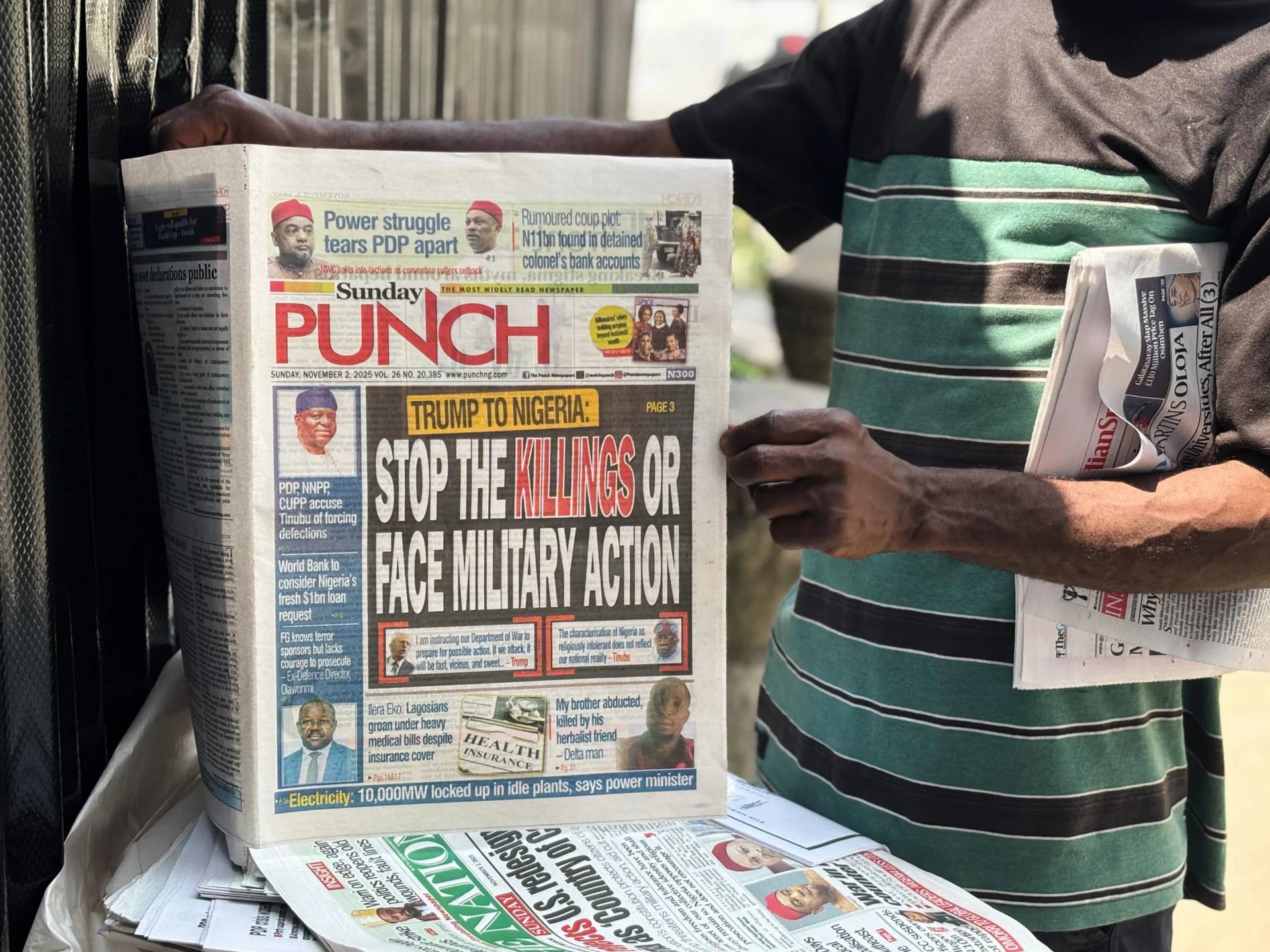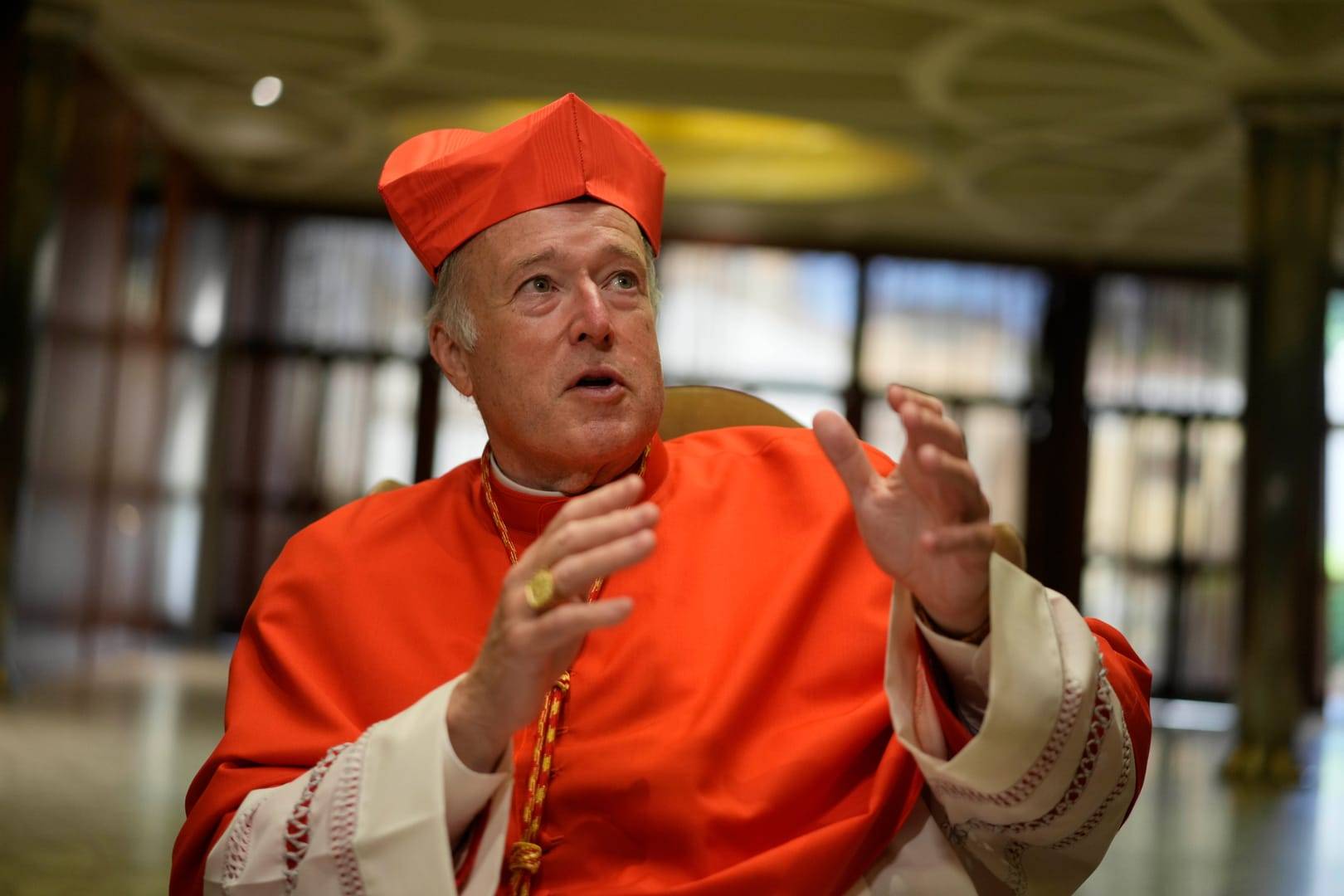ROME – In response to a complaint from his own anti-abuse panel about “serious problems” in the handling of a case involving a prominent Slovenian artist and priest, Pope Francis has decided to lift the statute of limitations in Church law which, up to this point, had barred a canonical prosecution.
The Vatican made the announcement in a brief statement Friday, roughly 48 hours after news broke that Father Marko Rupnik had been accepted back into his home diocese in Slovenia as a priest in good standing. The 68-year-old cleric and artist had been expelled from the Jesuit order in June, after an internal investigation found a high degree of credibility to charges of sexual and other forms of abuse against adult women.
Friday’s announcement also came in the wake of a couple of high-profile developments last month, which, taken together, suggested to some observers that Rupnik was being virtually rehabilitated.
According to the Vatican statement, the protest from the Pontifical Commission for the Protection of Minors (PCPM), a body created by Pope Francis in 2014 to advise him on anti-abuse measures, was lodged around the same time as those developments occurred.
“In September the Pontifical Commission for the Protection of Minors brought to the Pope’s attention that there were serious problems in the handling of the Fr. Marko Rupnik case and lack of outreach to victims,” the statement said.
“Consequently, the Holy Father asked the Dicastery for the Doctrine of the Faith to review the case, and decided to lift the statute of limitations to allow a process to take place,” it said.
The lifting of the statute of limitations in the Church’s Code of Canon Law, technically known as “prescription,” has been cited by observers of the Rupnik case as a key factor in explaining the lack of any ecclesiastical sanction.
Since the alleged crimes of which Rupnik is accused involve adults rather than minors, they remain subject to the statute of limitations unless a special waiver is granted. In October 2022, the then-Congregation for the Doctrine of the Faith, which has responsibility for prosecuting abuse cases, cited prescription as a reason why they were unable to launch a process in the Rupnik case.
Even before the news of his incardination in Slovenia, observers cited other developments as possibly suggesting a sort of rehabilitation for Rupnik. In mid-September, Pope Francis met a key Rupnik ally, who has publicly called the abuse charges a form of “lynching,” and days later an investigation by the Diocese of Rome essentially gave Rupnik’s Centro Aletti in Rome a clean bill of health.
Francis cited discussions in his ongoing Synod of Bishops on Synodality to explain his apparent change of heart.
“The Pope is firmly convinced that if there is one thing the Church must learn from the Synod it is to listen attentively and compassionately to those who are suffering, especially those who feel marginalized from the Church,” the Vatican statement said.
The Vatican statement did not indicate when a process against Rupnik might be opened, or which charges it might consider. At present, Rupnik faces claims of sexual, spiritual and psychological abuse from roughly 25 women, most religious sisters.
In statement published after Friday’s announcement of the pope’s decision to lift the statute of limitations on the Rupnik case, PCPM applauded the move and the “bravery and witness of all those who have suffered abuse in the Church and who have been left empty-handed when seeking justice.”
The pope’s decision to allow a canonical trial to proceed against Rupnik “is crucial, not only for the victims but for the whole Church,” they said, voicing their frustration and concern as a commission “about the Church’s disciplinary processes and its inadequacies.”
“We will remain watchful in ensuring the adequate administration of justice,” they said, insisting that “There is no room in ministry for those who would violate so profoundly those entrusted to their care.”
To this end, the commission urged all those in authority to ensure that the church “is a place of welcome, understanding and care for everyone,” especially those who are marginalized.
Noting that the first of two Rome-based gatherings in the pope’s Synod of Bishops on Synodality is about to close, the commission said a culture of safeguarding must be present in any form of theology, ministry, leadership or worship.
“The core of the Church’s mandate is to render everyone safe, to protect the vulnerable from whatever threatens them, and to lead them to the fullness of life known through God’s own promises,” they said.
This story has been updated with a statement from the Pontifical Council for the Protection of Minors.













